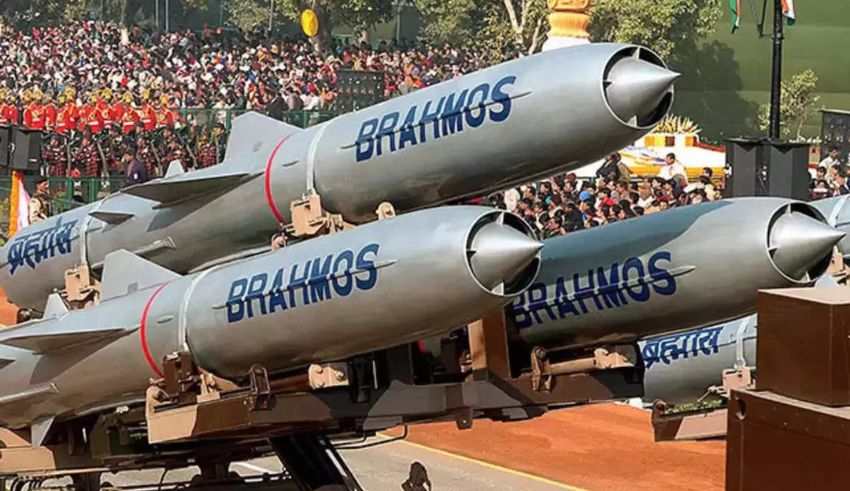
The Philippines and India have recently agreed to enhance their defense cooperation, including the export of military equipment from India to the Philippines. The deal, which was concluded in Manila in March 2021, will enable the Philippines to acquire BrahMos missiles, which are jointly developed by India and Russia, as well as other defense hardware and services from India.
The deal is part of the broader defense partnership between the two countries, which was established in 2018 with the signing of a Memorandum of Understanding on Defense and Logistics. The partnership also covers areas such as military training and education, capacity building, joint exercises, and maritime security.
The Reasons Behind the Defense Deal
The defense deal between the Philippines and India is driven by several factors, such as:
- The common security challenges and interests, especially in the Indo-Pacific region, where both countries face the threat of China’s assertiveness and expansionism in the South China Sea and the Indian Ocean. Both countries also share the concerns over terrorism, piracy, and natural disasters.
- The strategic alignment and convergence, especially in the context of the Quad, which is an informal grouping of the US, Japan, India, and Australia, that aims to promote a free, open, and inclusive Indo-Pacific. The Philippines, as a treaty ally of the US, is supportive of the Quaid’s vision and objectives, and has expressed interest in joining the grouping in the future.
- The economic and diplomatic benefits, especially in the post-COVID-19 recovery and growth. The defense deal will boost the trade and investment ties between the two countries, which have been growing steadily in recent years. The deal will also enhance the political and people-to-people relations between the two countries, which have a long and shared history and culture.
Keep Reading
The Implications of the Defense Deal
The defense deal between the Philippines and India has significant implications for the regional and global security and stability, such as:
- The strengthening of the deterrence and defense capabilities of the Philippines, which will enable it to better protect its sovereignty and territorial integrity, especially in the disputed areas of the South China Sea, where it has been facing China’s aggression and coercion. The deal will also enhance the interoperability and coordination of the Philippine armed forces with its allies and partners, such as the US, Japan, and Australia.
- The expansion of the influence and outreach of India, which will demonstrate its role and commitment as a net security provider and a reliable partner in the Indo-Pacific. The deal will also showcase India’s technological and industrial prowess and competitiveness in the defense sector, and will open up new markets and opportunities for its defense exports.
- The balancing and countering of China, which will signal the resolve and solidarity of the like-minded countries to uphold the rules-based international order and the freedom of navigation and overflight in the Indo-Pacific. The deal will also challenge and constrain China’s ambitions and actions in the region, and will deter it from further escalation and provocation.
.





























